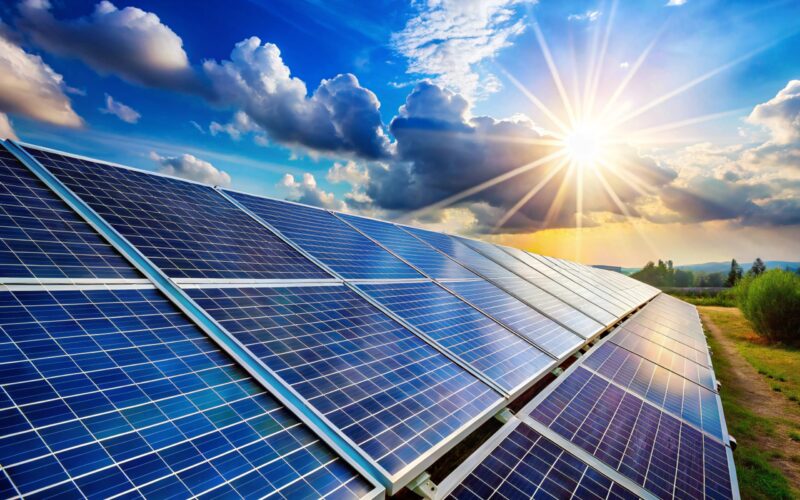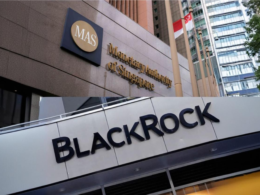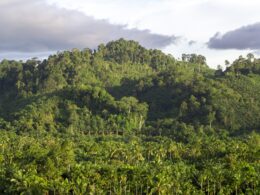To aid Bulgaria’s transition to a sustainable and diversified energy mix, the International Finance Corporation (IFC) is financing a 225-megawatt (MW) solar photovoltaic (PV) project developed by Rezolv Energy, a leading independent renewable energy producer in Central and Eastern Europe.
This project, one of Bulgaria’s largest solar PV initiatives to date, will play a critical role in helping the country achieve its ambitious goal of net-zero greenhouse gas (GHG) emissions by 2050. Located near Silistra in northeastern Bulgaria, the project covers the development, construction, and operation of the solar plant, along with two transmission lines spanning 6 kilometers.
The financing package, totaling €90 million ($98 million), is comprised of equity and debt, with IFC contributing €43 million ($46.8 million)—up to €30 million ($33 million) from its own account and €13 million ($14.1 million) through its Managed Co-Lending Portfolio Programme. The remaining funding comes from Raiffeisen Bank International.
“This is a second landmark financing signed by Rezolv Energy within a very short timeframe, and our first transaction in Bulgaria. It has been a fantastically busy year for Rezolv and we are thrilled that this financing unlocks another sizeable regional renewables project. Such an intense execution would not be possible without the tremendous support of our key relationship banks,” said Jan Viton, Financing and M&A Director at Rezolv Energy.
Once operational, the solar plant is expected to generate around 313 gigawatt-hours of electricity annually. It will operate on a “merchant” basis, selling power through the Independent Bulgarian Energy Exchange and power purchase agreements with businesses. The project aligns with Bulgaria’s climate goals under the Paris Agreement, contributing significantly to the country’s GHG mitigation targets.
Bulgaria faces considerable energy transition challenges, as it remains the most emissions-intensive country in Europe. As of December 2023, fossil fuels, mainly coal, accounted for 41% of electricity generation, while non-hydro renewable sources made up just 14%. To meet its 2050 net-zero target, Bulgaria plans to phase out coal plants by 2038 and add 3,000 MW of renewable capacity by 2030, requiring an estimated €43.7 billion in investment, primarily from the private sector.
“IFC strategy in Central and Eastern Europe prioritises green innovation, industrial decarbonisation, and climate financing. By partnering with Rezolv Energy, we are fostering the development of a more diversified and sustainable energy sector in Bulgaria, enhancing energy security, and promoting environmental sustainability,” said Ary Naïm, IFC Manager for Central and South Europe.






















